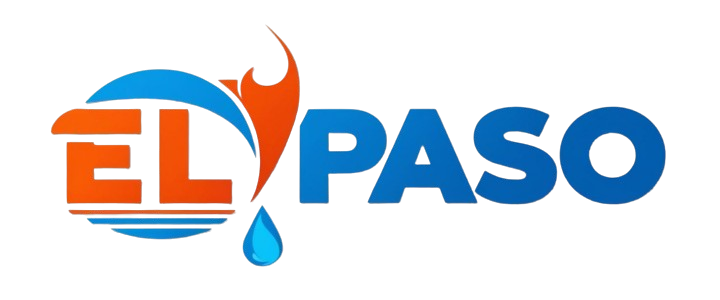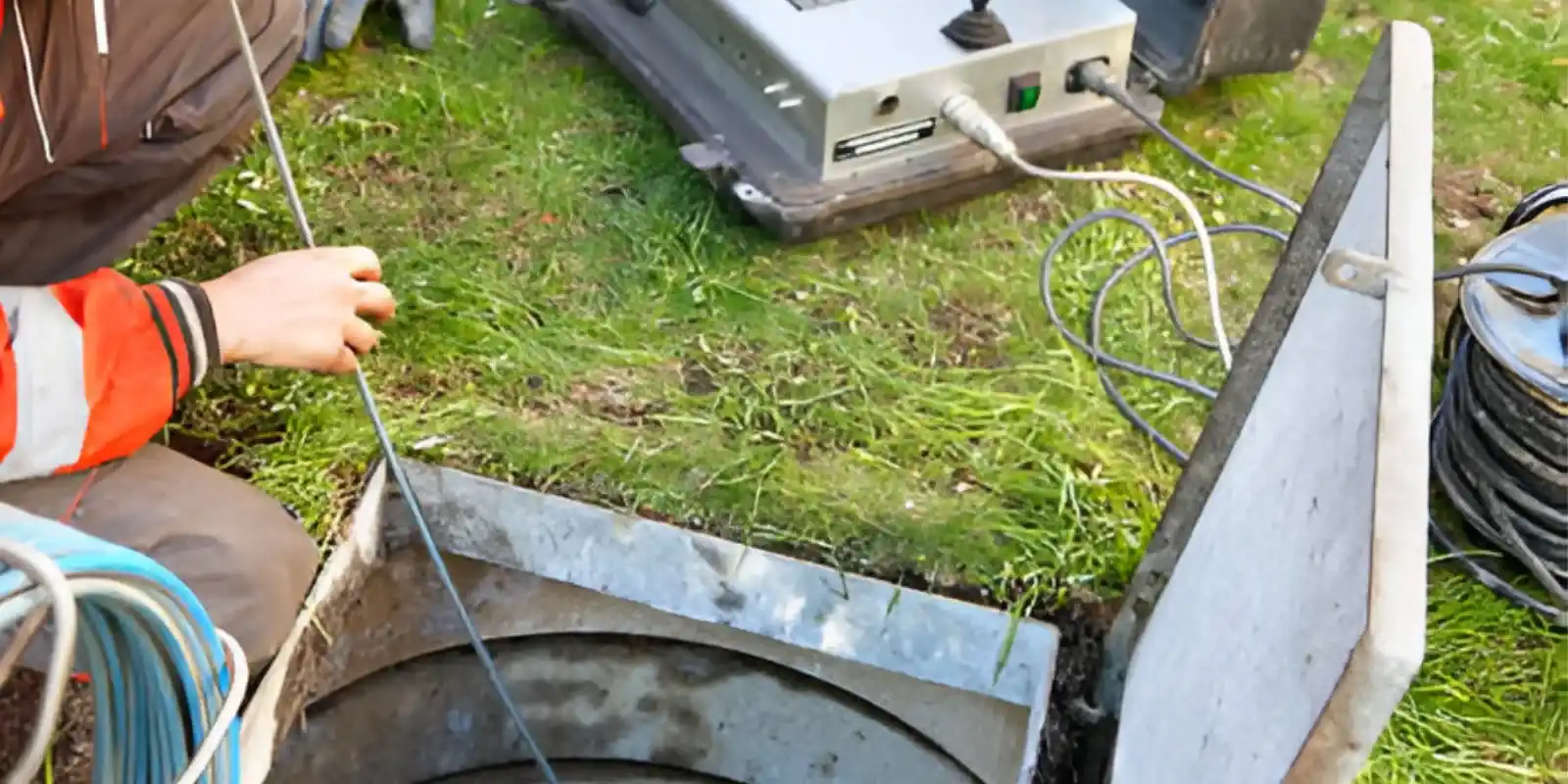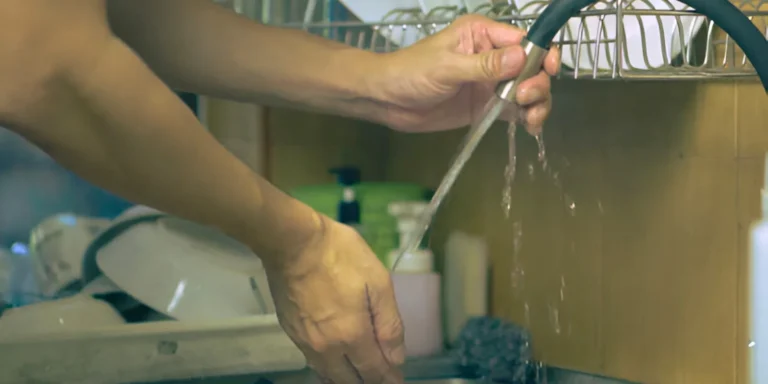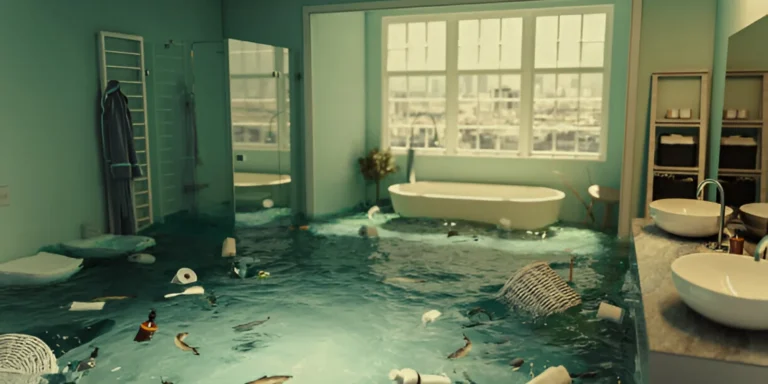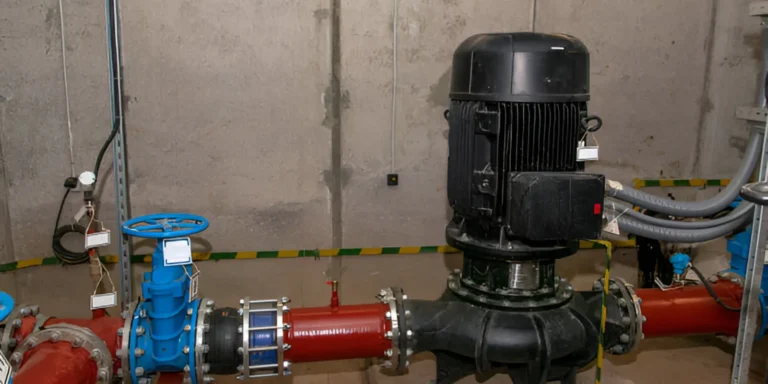Clogged drains are a common household problem that can disrupt daily routines and even lead to unpleasant odors. From kitchens to bathrooms, it’s essential to keep drains clean and clear to avoid blockages. While there are many commercial products available, using natural and safe methods for drain cleaning is a smart choice for both your pipes and the environment. In this article, we’ll explore the top drain cleaning methods that are effective, eco-friendly, and easy to use. These methods are not only safe for your plumbing but also cost-effective and readily available. Whether you’re dealing with a minor clog or just want to maintain your pipes, these techniques can help ensure your drains stay clear and your plumbing remains in good condition. Keep reading to discover the best ways to prevent clogs and maintain a smooth flow of water in your home.
Baking Soda and Vinegar – A Natural Solution for Clogs
One of the most popular and natural methods for cleaning drains is the combination of baking soda and vinegar. This method works well for minor to moderate clogs caused by grease, soap scum, and food particles. To use, simply pour ½ cup of baking soda into the clogged drain, followed by 1 cup of vinegar. Let the mixture fizz and sit for about 15-30 minutes to break down the buildup. Afterward, flush the drain with hot water to clear any remaining debris. This eco-friendly solution is safe for your pipes and effective in keeping your drains fresh.
Boiling Water – A Simple Yet Effective Drain Cleaning Trick
Boiling water is a quick and simple method for maintaining clear drains. It works particularly well for grease buildup in kitchen sinks or soap scum in bathroom drains. To use, simply boil a kettle of water and slowly pour it down the drain in stages. The hot water helps loosen and break down grease, soap, and other debris that may be causing a clog. This method is easy to implement and can be done regularly to keep your drains flowing freely. However, boiling water is not recommended for plastic pipes as extreme heat can cause damage.
Using a Plunger – The Go-To Tool for Clogs
A plunger is a must-have tool for every home, as it’s an effective solution for clearing clogs in sinks, bathtubs, and toilets. To use a plunger, create a tight seal over the drain and apply firm, consistent pressure. The force generated helps dislodge blockages, allowing the water to flow freely again. Plunging works best for clogs that are near the surface, such as hair or soap buildup. If a single plunge doesn’t do the trick, try a few more until the blockage clears. This method is fast, easy, and doesn’t require harsh chemicals, making it ideal for routine drain maintenance.
Preventative Tips to Avoid Future Clogs
Preventing clogs before they happen is key to keeping your drains clear. Use drain guards to catch hair, food particles, and debris from entering your pipes. Regularly clean drains with natural methods like baking soda and vinegar to prevent buildup. Avoid pouring grease or oil down the sink, as it solidifies in the pipes and causes blockages. Finally, run hot water down the drain periodically to flush out any residue. These simple habits can help prevent future clogs and keep your drains functioning properly.
When to Call a Professional Plumber
While DIY methods are effective for minor clogs, some situations require professional assistance. If your drains are consistently slow or you’ve tried all methods without success, it may indicate a deeper problem, such as tree root infiltration, pipe damage, or a serious blockage in the main sewer line. A professional plumber has the right tools, such as a drain snake or hydro-jetting, to clear stubborn blockages and assess the condition of your pipes. Don’t hesitate to call a plumber if you’re dealing with persistent or severe drain issues.
Conclusion
In conclusion, keeping your drains clean and free from clogs is essential for maintaining a smooth and efficient plumbing system. By using natural methods like baking soda and vinegar, boiling water, and a trusty plunger, you can address most common drain issues without resorting to harsh chemicals. These methods not only save money but also help protect your pipes and the environment. However, if you encounter persistent clogs or more serious plumbing issues, it’s always best to consult a professional plumber. Regular maintenance, along with these top drain cleaning methods, will ensure your drains stay clear and your home’s plumbing remains in top condition for years to come.
